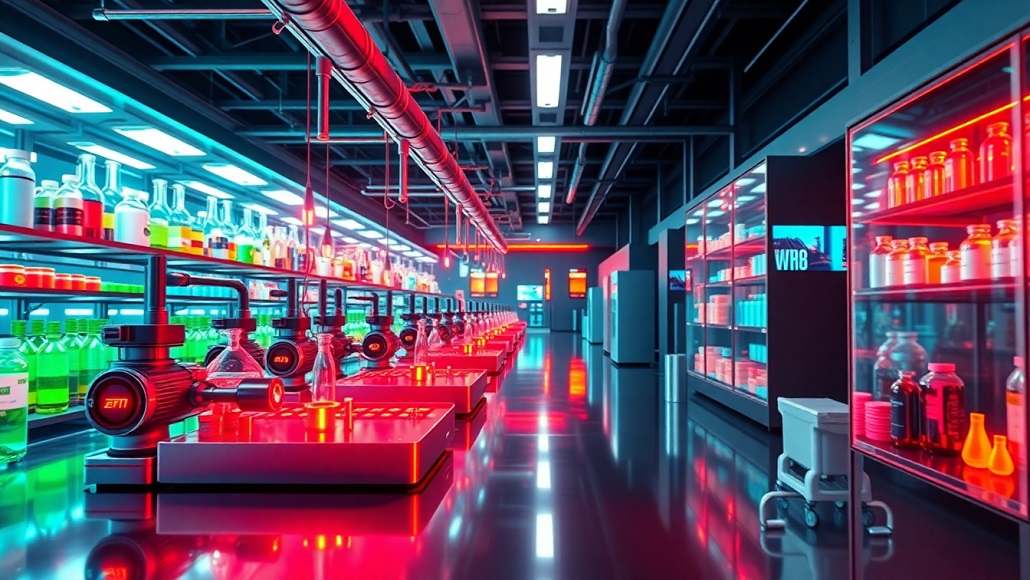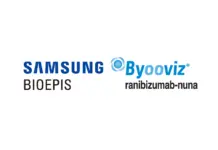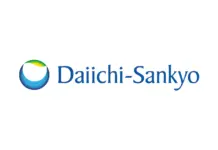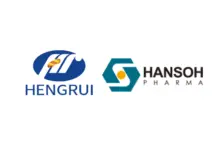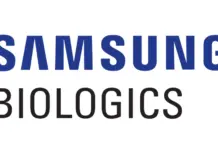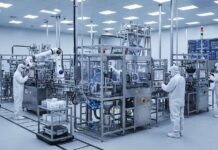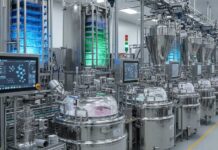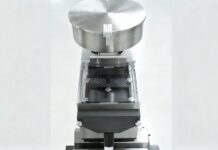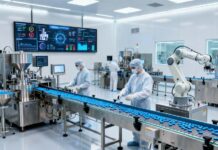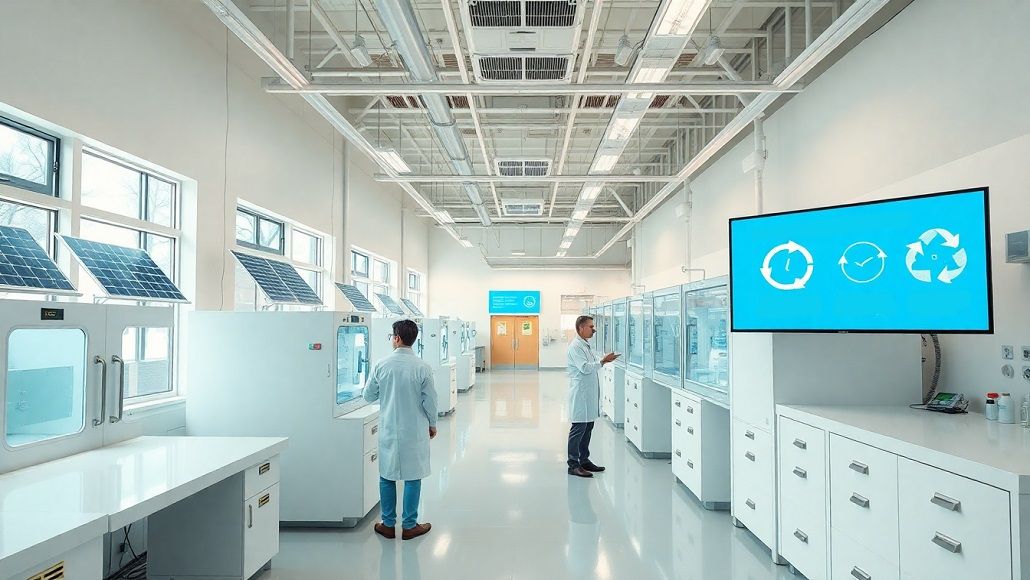In an age that is defined by customized medicines and advanced biologics, the demand when it comes to complex therapies like cell and gene therapy, monoclonal antibodies, as well as next generation vaccines have indeed skyrocketed. These therapies happen to represent the cutting edge in terms of innovation within the pharmaceutical industry, thereby offering hope to patients who have been suffering from untreatable conditions. But their development as well as production comes with prominent challenges because of their intricate processes, strict quality needs, and also scalability hurdles that are involved.
Contract development and manufacturing organizations (CDMOs) have emerged as unmatched partners when it comes to addressing these challenges. Due to their specialized infrastructure, expertise in tech, and also adaptive production models, CDMOs help with agile as well as efficient scaling of therapies that are intricate. Let us explore the crucial role of CDMOs when it comes to transforming pharmaceutical production in order to meet the growing demands of the healthcare spectrum.
The rising demand when it comes to complex therapies
The biopharmaceutical market has gone on to witness incredible growth when it comes to the adoption of intricate therapies, which are driven by advancements within genetic engineering, precision medicine, as well as immunology. Unlike the erstwhile small molecule drugs, these therapies happen to involve living cells, genetic materials, or even highly specific proteins, making their manufacturing processes inherently very intricate. For example, cell and gene therapies need the manipulation in terms of patient-derived cells so as to treat the genetic disorders as well as cancers in an effective way. In a similar way, monoclonal antibodies require exact processing in order to make sure that therapeutic efficacy as well as safety is maintained. The requirement for scalability, compliance, as well as accuracy in manufacturing such kinds of therapies has gone on to create an immediate demand in terms of agile as well as adaptive production models in which the CDMO happens to play a very critical role.
CDMOs driving agile production?
CDMOs help the biopharma companies with all-out access to state-of-the-art facilities, expertise, as well as innovative tech, which streamlines the production of complex therapies. Their capacity to adapt in a swift way to the changing demands, optimize the processes, and also ensure compliance along with regulatory benchmarks makes them pretty essential when it comes to speeding up the timelines and also decreasing the risks.
- Manufacturing platforms that are flexible
One of the most prominent contributions when it comes to CDMOs driving agile production happens to be the use of flexible manufacturing platforms. These platforms more often than not incorporate single-use systems (SUS) and modular equipment as well as automated systems in order to help with rapid shifts between different production processes. For example, a CDMO that is equipped with SUS can efficiently and effectively switch between the manufacturing batches of varied therapies without going ahead with extensive cleaning as well as bad validation procedures. This kind of flexibility is specifically very important for therapies that target rare diseases wherein the batch sizes are very small but do require rigorous quality control.
Table : Benefits of Flexible Manufacturing Systems Expertise in Process Development
| Feature | Impact on Production |
| Single-Use Systems (SUS) | Reduces downtime between batches, minimizes contamination risk |
| Modular Facilities | Allows quick reconfiguration for different therapies |
| Process Automation | Enhances precision and reduces human errors |
2. Expertise when it comes to process development
The production of intricate therapy often starts with small-scale process development within research settings. Translating such processes within commercial-scale production needs expertise when it comes to scaling up without compromising on the quality of the product or even its efficacy. Apparently, CDMOs excel in process optimisation, thereby leveraging their experience along with advanced analytics in order To address the challenges like yield optimisation, Reproducibility of process, and even cost efficiency.
For instance, in terms of cell therapy production, CDMOs make use of advanced bioreactor systems in order to scale up the cell expansion processes while at the same time maintaining the cell viability as well as potency. In a similar way, when it comes to gene therapy manufacturing, the CDMOs optimize the viral vector production so as to achieve much higher yields as well as purity.
3. Regulatory expertise along with quality management
Compliance along with global regulatory benchmarks happens to be a non-negotiable requirement when it comes to the production of complex therapies. CDMOs, apparently, bring along with them valuable regulatory expertise by ensuring that manufacturing processes happen to meet the stringent standards that are set by agencies such as WHO, FDA, as well as EMA.
Their quality management systems (QMS) happen to include real-time tracking, process analytical technologies (PAT), and data integrity protocols, all of them being essential when it comes to minimizing risks and making sure of product consistency. By way of integrating quality control within every stage of production, CDMOs help their partners in order to attain faster regulatory approvals along with market entry.
Chart: Key Elements of CDMO-Led Quality Management
| Element | Role in Production |
| Process Analytical Technology (PAT) | Ensures real-time monitoring of critical quality attributes |
| Data Integrity Protocols | Guarantees accurate and complete records for regulatory compliance |
| Advanced Testing Methods | Facilitates batch consistency and safety assurance |
4. Fastest scalability along with capacity expansion
The ability in order to scale up the production in a rapid way is indeed critical when it comes to manufacturing complex therapies, especially during the unforeseen growing demands. Apparently, CDMOs happen to bring the advantage of scalable infrastructure by helping the biopharma companies to go ahead and adapt to the market dynamics without the need to overinvest within their own facilities.
For instance, during the COVID-19 pandemic, CDMOs happened to play a very important role in terms of scaling up the vaccine production to levels that were unprecedented. Making utmost use of their global networks, the CDMOs managed the supply chain, optimized the manufacturing processes, and also made sure of timely delivery when it came to life-saving vaccines.
Advanced technologies that are driving the agile production
The adoption, when it comes to advanced technologies by CDMOs driving agile production is apparent when it comes to intricate therapies. These technologies happen to include digital twins, artificial intelligence, and also consistent manufacturing systems, which elevate the efficiency, decrease errors, and at the same time help with data-driven decision-making.
1. Digital twins when it comes to process simulation
Digital twins, which happen to be the virtual replicas of manufacturing processes, enable the CDMOs to simulate the production scenarios and also identify certain potential bottlenecks much before their actual execution. This kind of predictive capability decreases the risks and also speeds up the timelines by making sure of smoother transitions across the scale. For example, by way of using digital twins in order to stimulate viral vector production, one of the CDMOs was able to optimize the parameters like temperature along with nutrition levels by achieving a 25% rise in yield all across the scale-up phase.
2. Process optimization, which is AI-driven
Artificial intelligence has, as a matter of fact, revolutionized the process optimization by way of evaluating massive data sets in order to identify patterns, anticipate any kind of equipment failures, and also recommend process improvements. CDMOs, which happen to employ AI, can attain much higher efficiency as well as consistency, even in the most complex of scenarios of biologics manufacturing.
3. Sustainability when it comes to intricate therapy production
As the biopharmaceutical industry goes on to take care of sustainability, CDMOs are increasingly adopting eco-friendly practices within their production processes. Right from energy-efficient setups to waste reduction calls, these measures sync with the global environment objectives while at the same time improving the functional efficiency. Single-use systems (SUS) go on to play a central role when it comes to sustainable manufacturing by way of decreasing the water and energy consumption. Besides this, CDMOs are also employing the usage of renewable energy sources within their operations and hence further minimizing their carbon footprint.
Table : Sustainable Practices Adopted by CDMOs
| Practice | Environmental Impact |
| Single-Use Technologies | Reduces cleaning-related water and energy consumption |
| Renewable Energy | Lowers carbon emissions and energy costs |
| Waste Recycling | Minimizes production waste and promotes circular economy |
CDMOs and their future when it comes to complex therapy production
The evolution when it comes to CDMOs happens to be closely tied to the biopharmaceutical science and technology advancements. As customized medicines are continually growing, their role when it comes to enabling agile as well as scalable along with sustainable production is going to become even more crucial.
By investing in this digital transformation, broadening their global networks, and also embracing innovative manufacturing approaches, the CDMOs are all set to meet tomorrow’s challenges. Their collaboration along with biopharma companies is indeed going to drive innovation, enhance patient access when it comes to life-saving therapies, and also set new yardsticks in terms of efficiency within the healthcare sector.
Conclusion
The production rate when it comes to intricate therapies happens to represent one of the most promising yet challenging frontiers for modern medicines. Apparently, CDMOs have indeed emerged as strategic enablers of this kind of innovation, which offers infrastructure, skill, as well as agility, which are required to take the therapies right from the lab to the market in an effective way.
By way of making utmost use of advanced technologies, making sure of regulatory compliance, and also embracing sustainability, CDMOs are not only addressing the demands of today, but they are also shaping the future when it comes to biopharmaceutical manufacturing. For companies that are navigating the complex path of going ahead and developing these intricate therapies, CDMOs are not just manufacturing partners, but they are the catalysts for success and innovation.







